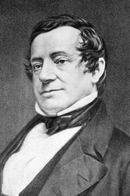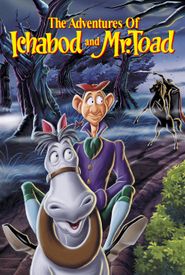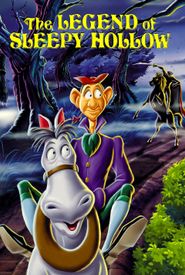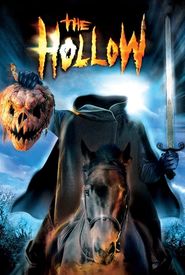Washington Irving was a renowned American literary figure, whose impressive array of talents and accomplishments spanned multiple disciplines. Born on April 3, 1783, and passing away on November 28, 1859, Irving's legacy is deeply rooted in the early 19th century.
Irving's most iconic works are undoubtedly his short stories, specifically "Rip Van Winkle" (1819) and "The Legend of Sleepy Hollow" (1820),which are featured in his celebrated collection, The Sketch Book of Geoffrey Crayon, Gent. These masterful tales have captivated readers for generations, showcasing Irving's remarkable ability to craft engaging narratives that transport readers to a bygone era.
Beyond his literary prowess, Irving also made significant contributions to the realm of historical writing. His biographies of prominent figures, including Oliver Goldsmith, Muhammad, and George Washington, offer valuable insights into the lives and times of these influential individuals. Additionally, Irving's historical works on 15th-century Spain provide a rich tapestry of information on subjects such as the Alhambra, Christopher Columbus, and the Moors.
Irving's diplomatic career was equally impressive, as he served as the American ambassador to Spain during the 1840s. This esteemed position allowed him to cultivate relationships with foreign dignitaries and play a vital role in shaping international relations during a pivotal era in American history.
Throughout his illustrious career, Washington Irving demonstrated a remarkable range of skills and interests, leaving behind a lasting legacy that continues to inspire and captivate readers to this day.




























